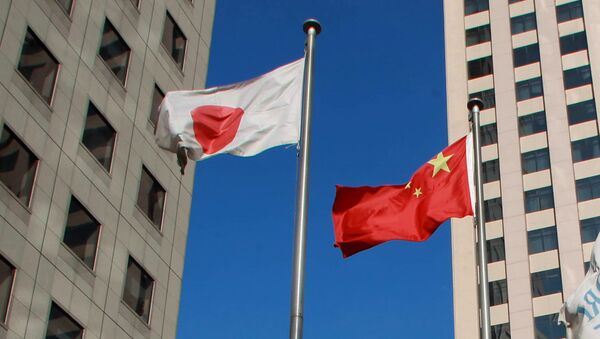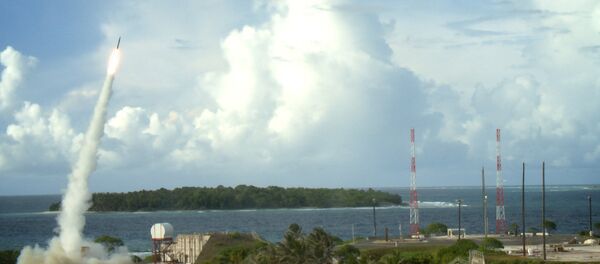"When comparing our relations with China and with Japan, I see no parallels here except for geographic proximity. These are not communicating vessels, where something is gained in one place and something is lost in another. These are incomparable both in terms of quality and quantity. Our ties with China are characterized by stability above all and resilience to conjuncture fluctuations. We a have comprehensive strategic partnership with China, while we are only taking the first steps with Japan," Denisov said in an interview with the Kommersant newspaper in Monday.
Last year was marked by exceptionally mature Russian-Chinese relations, he added, noting that positive strides had also been made in developing ties with Japan.
"We are neighbors and there are many areas for mutually beneficial cooperation… Our Japanese partners view Russian-Chinese relations rather jealously as they are developing at a better pace than with Japan," the ambassador said, stressing that Russia values both relationships in their own right.
Denisov went on to note that Russia's South Kurils territorial dispute with Japan continues to strain relations, stressing that this should not preclude the development of relations in other areas.
Russian-Japanese relations have recently thawed after a standoff when Japan joined anti-Russian Western sanctions. Relations are also tainted by a territorial dispute between the two countries. Japan claims back four Kuril Islands of Kunashir, Shikotan, Habomai and Iturup, which Russia considers to be its own territory, according to the 1951 San Francisco Peace Treaty that transferred the control of the islands to the Soviet Union. The dispute prevented Moscow and Tokyo from signing a peace treaty after World War II. The two countries have been intensifying contacts on resolving the issue.


